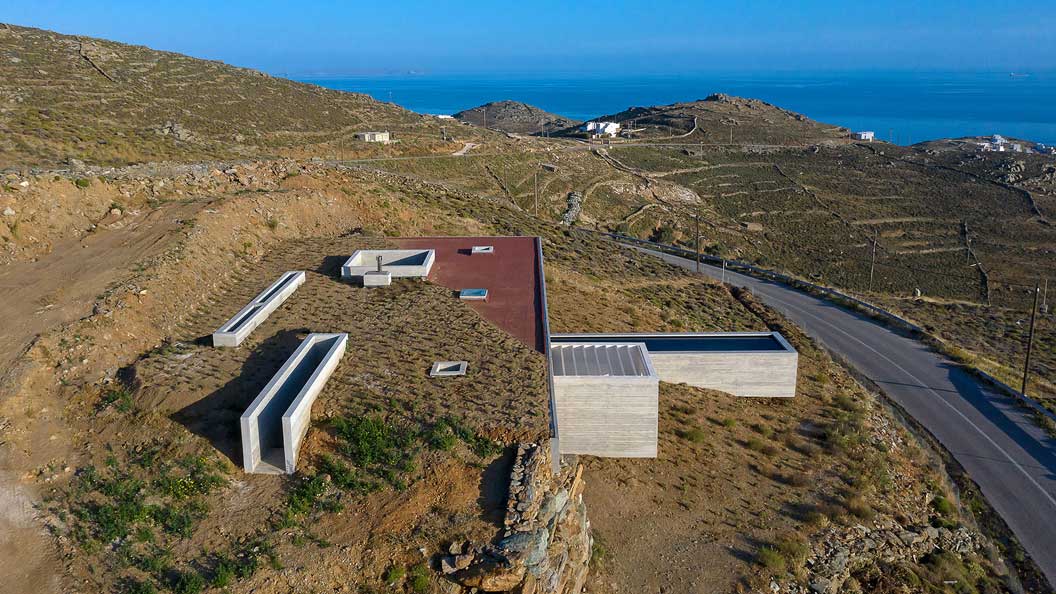


GREECE
What happens when Greek hospitality gets too hot in the prestigious and all-time classic markets like the islands of Mykonos, Santorini and also the Greek capital, Athens? A new market is emerging and the first early birds are already there.
I believe that identifying the upcoming trends is a sure way to solidify opportunities for investment. Profitable investment is calculated on the purchase value, and there are no better values than those plots that are off-plan in Greece. They have been off the radar for most of the investment funds and private investors scouting the Greek market.
With 90% of focusing on the usual spots, only a minority have bought off-plan land in mainland Greece and the Greek islands, mainly to develop hotels, stand-out villas and complexes with upscale holiday residences.
Three of my favorite mentors will help assess the emerging trends on multiple levels.
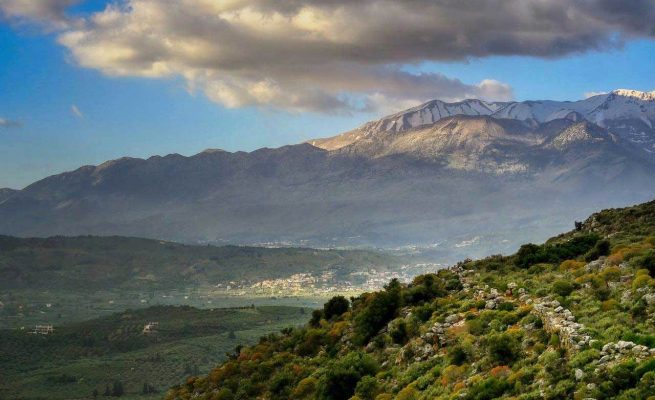
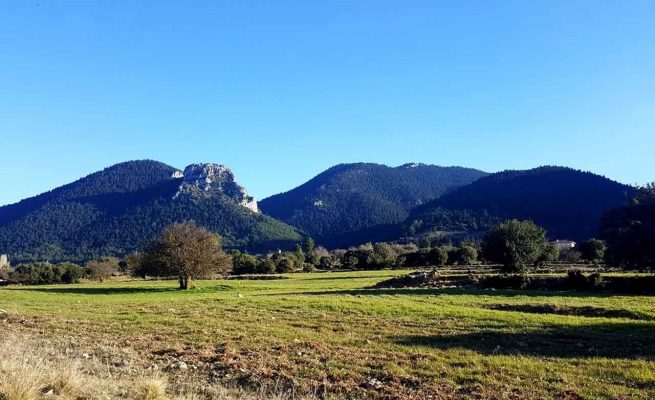
SUN TZU: Strategic Location
Off-plan land in Greece needs to have a strategic location for it to be considered an investment opportunity. Investors are currently sniffing around the Peloponnese, targeting Kalamata and the upcoming regional airport. They are also interested in Greek Islands with plenty of off-plan territory, like Crete, Rhodes, Zakynthos, Kefallonia, and others. The preferred locations are already replete with existing resorts, hotels, or with imminent developments, such as new regional airports.
Off-plan land located a short distance from the shore makes it accessible for swimming, while the sea views grace the purchase price with an additional premium. Experience-based and hospitality related projects are subject to location elements just like any other development hoping to create traction.
In comparison to destinations with similar experiences, Greece is undervalued with regard to the quality on offer.
ROBERT KIYOSAKI: Technical Characteristics
Off-plan land regulations in Greece vary for the permitted building acreage, and affect the development size. Upscale resident projects start from as low as 100 square meters, with private entrances and uncompromised outdoor space. The construction size depends on the type of development (villas, hotels, resorts), but also the size of the investment.
The current prices of off-plan properties are undervalued in comparison to their development potential, coupled with relatively low demand in recent years. To date off-plans have been the interest of local and energy sector investors.
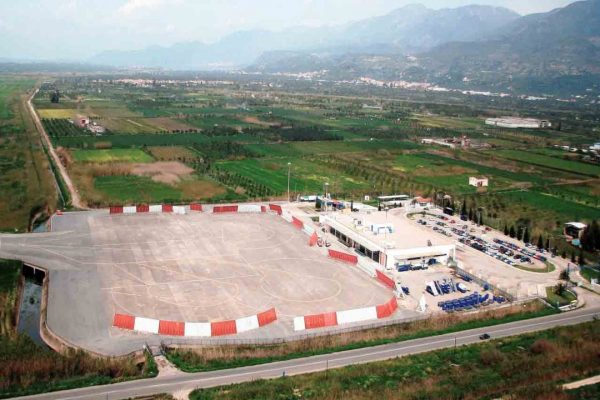
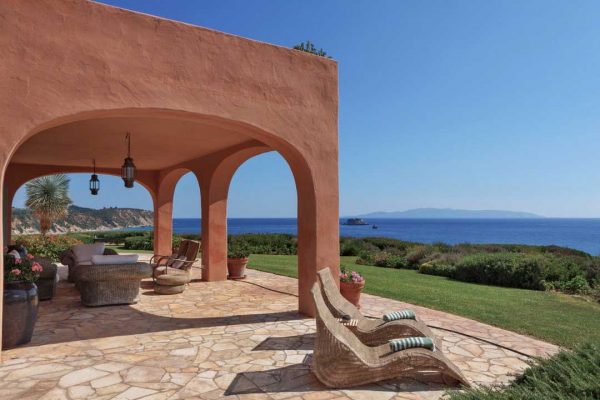
COCO CHANEL: Awe Aesthetics
For ‘hautepitality’ the aesthetics must follow an authentic path with luxurious ornamentation, yet still place the guest at the center of everything. Starting with the architecture and chosen materials, this multiply levelled experience extends to local activities, food tastes, and culture, offering a 360 degree immersion in the location.
The architectural material and colors are carefully chosen to harmonize with the surroundings and reflect the natural living process. It is quite common for ‘hautepitality’ projects to offer engaging experiences within the development; sampling of freshly harvested produce, fine dining in natural surroundings, or for even larger scale projects, event halls for luxe ceremonies by private yacht marinas.
Additional clues to the upcoming trend include the following factors, in my opinion. Firstly, the tourist season in Greece is constantly expanding and the country remains among the most desirable destinations. In comparison to destinations with similar experiences, Greece is undervalued with regard to the quality on offer.
Secondly, soaring prices in Athens have severely cut into the investors’ profit. It won’t be long before they seek to diversify their portfolios. The rapid urbanization has turned both locals and foreigners to explore places further away from Athens.
Lastly, remote working and decentralized payments have given employees and executives a sip of office-free work life. The labor market will also weigh in with searches outside the busy city.
The trend emerges and is haute as hell. Can you touch this?
Sofia Lytrivi
